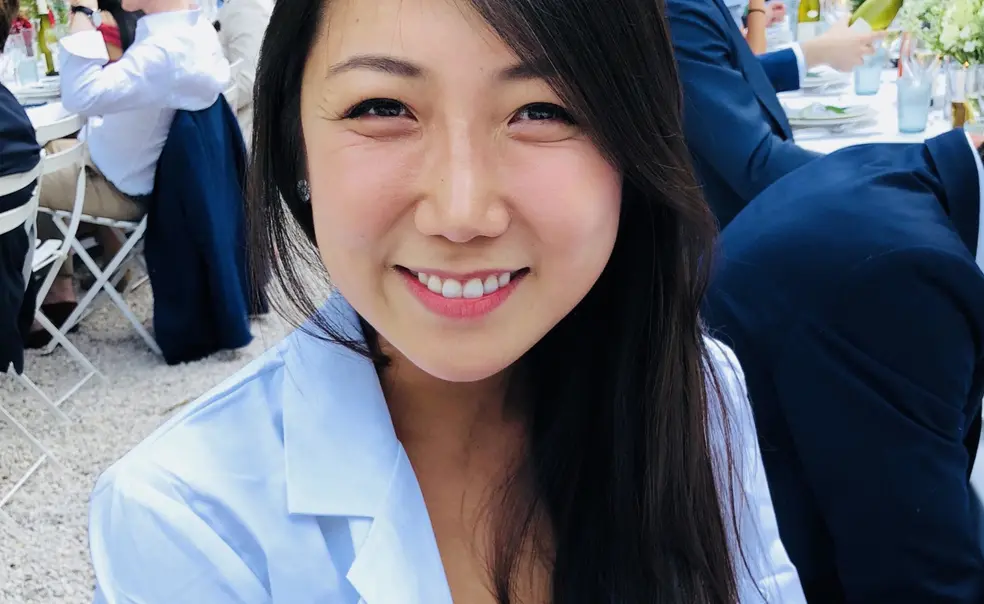With One Project, Alum Aids Both Restaurant and Hospital Workers
Natalie Guo ’12 expects the project may soon deliver as many 30,000 meals per week
In March, Natalie Guo ’12 was in the midst of a clinical surgery rotation at Massachusetts General Hospital as a Harvard Medical School student. With the emergence of the coronavirus pandemic, Guo was sent home as the hospital prepared for an influx of COVID-19 patients. The next day, she happened to see a news report about millions of food-industry workers being laid off due to stay-at-home orders.
Guo, who worked in finance before medical school, saw an opportunity to help health-care workers and restaurant employees. Workers weren’t just overwhelmed with patients but in many cases their cafeterias had been closed to curb infection risks. Meanwhile, restaurants needed a stream of revenue as their dine-in sales fell to zero.
Guo drafted an email to about 70 friends asking for donations, and she called chefs in Boston to see if they would take part. Four days later, the organization Guo established, Off Their Plate, served its first 90 meals at Brigham and Women’s Hospital.
Within a few weeks, the group had raised $3 million in donations and had served more than 100,000 meals from more than 90 participating restaurants. In addition to Boston, as of early May Off Their Plate was serving meals in Chicago, Los Angeles, New York, Philadelphia, Pittsburgh, San Francisco, Seattle, and Washington, D.C.
Richard Lu ’16, a Harvard Medical School classmate of Guo who helps with its budget and logistics, said three things have propelled the effort — “the urgency of this crisis, the simplicity of our mission, and, most importantly, the endless drive from our team members and their broader communities to support vulnerable workers on the front lines.”
The effort has attracted some 150 volunteers — including at least nine Princeton alums — who help with things like outreach to restaurants and hospitals, logistics, fundraising, etc. (See some of the group’s work on Instagram at @offtheirplate.)
Participating restaurants must accept a flat payment of $10 per meal — and half of that must go to the restaurant’s workers. That’s a higher percentage than is typical in the restaurant industry. “This is a time when the individuals are in greater need than the businesses,” says Guo. “It’s something chefs have to think creatively about. It’s a whole new model. For chefs who are willing to innovate now, they can jump on board.”
Off Their Plate has struck deals with a wide variety of restaurants in each city, from African to Thai to tapas. When seeking partners, Guo says she asks the restaurant to imagine “packing a really delicious bento box. It won’t be surf and turf. But it has to be nourishing, to get people through work for a few hours. It won’t be a sloppy Joe or pizza.”
Guo expects the project may deliver as many as 30,000 meals per week, and she is pleased by the response. She’s heard of nurses who received meals and donate to Off Their Plate, at an amount many times over the cost of their meal. “Food is food, but food also conveys a sense of comfort,” she says.












No responses yet